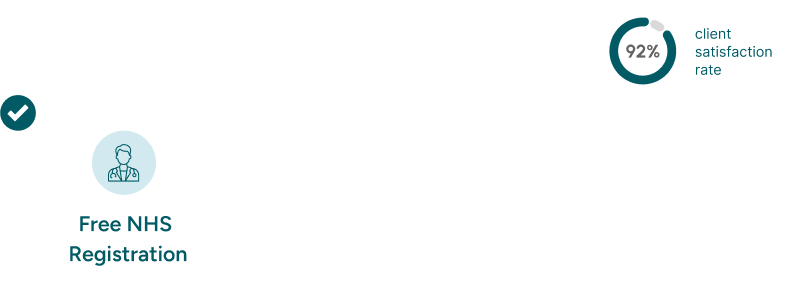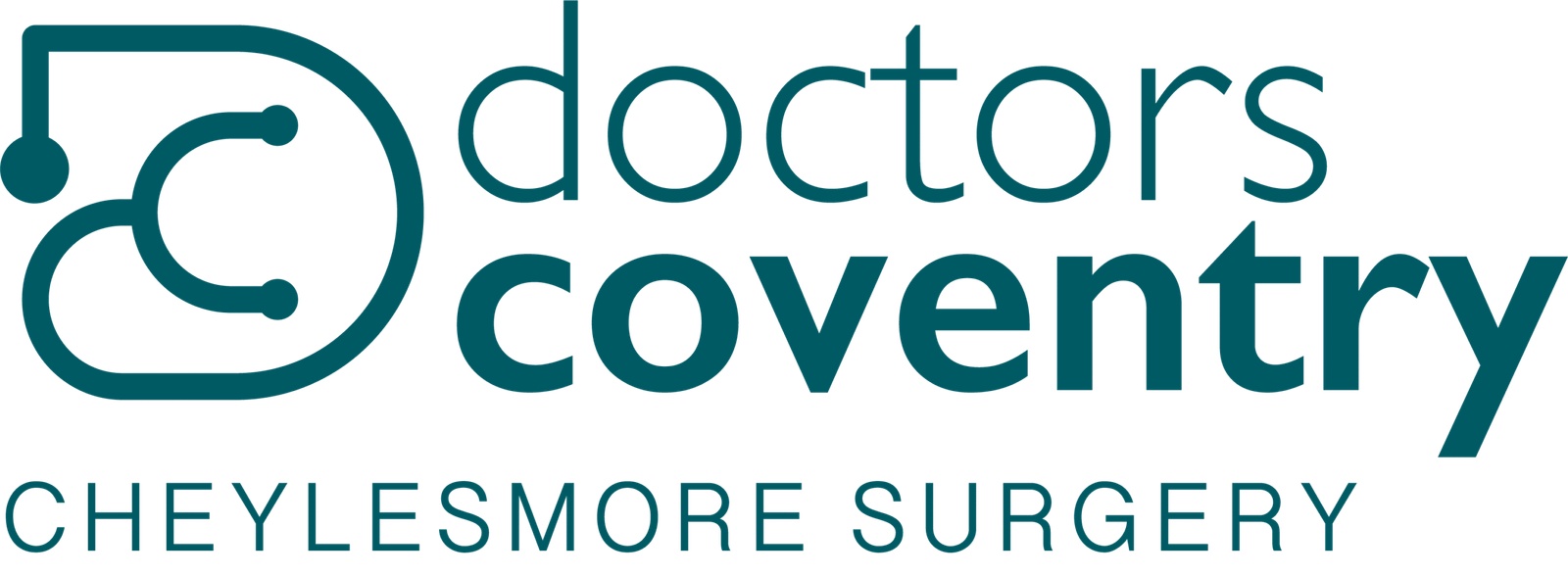Self-referral Support Services


Mental health is about how we think, feel and behave. One in four people in the UK have a mental health problem at some point in their lives, which affects their daily life, relationships or physical health.
Mental health disorders take many different forms and affect people in different ways. Schizophrenia, depression and personality disorders are all examples of mental health problems. Diseases such as Alzheimer’s and dementia generally develop in old age, whereas eating disorders are more common in young people.
Alzheimer's Society - Diagnosis interview with Terry Pratchett
The Alzheimer’s Society is the leading care and research charity for people with dementia and their carers.
They provide further information and education, support for carers, and quality day and home care on the Alzheimer’s Society Video Site.
Mental Health Wellbeing Podcasts
You can subscribe to wellbeing podcasts on the Mental Health Foundation Website.
The website of the Mental Health Foundation outlines the charity’s work in research, policy, service development and service user involvement. The site offers information and publications to download on research, good practice in services and on mental health problems and key issues.
Useful Links
Healthtalkonline, an award-winning charity website, lets you share in other people’s experiences of health and illness. An excellent resource compiled after interviewing a wide range of people suffering from heart disease.
An information sheet helping to understand mroe about Alzheimer’s Disease.
An information sheet helping to understand more about the causes, treatment and understanding of Depression.
Comprehensive information for people with all forms of dementia. Alzheimer’s Society is a membership organisation, which works to improve the quality of life of people affected by dementia in England, Wales and Northern Ireland.
Alzheimer Scotland provides a wide range of specialist services for people with dementia and their carers. We offer personalised support services, community activities, information and advice, at every stage of the dementia journey.
Recovering from a heart attack can take several months, and it is very important not to rush your rehabilitation.
During your recovery period, you will receive help and support from a range of healthcare professionals, which may include:
- Nurses
- Physiotherapists
- Dietitians
- Pharmacists
- Exercise Specialists
These healthcare professionals will support you physically and mentally to ensure your recovery is conducted safely and appropriately.
The recovery process will usually take place in stages, starting in hospital, where your condition can be closely monitored and your individual needs for the future can be assessed. After being discharged, you can continue your recovery at home.
The two most important aims of the recovery process are:
- To gradually restore your physical fitness so you can resume normal activities (known as cardiac rehabilitation)
- To reduce your risk of another heart attack
Cardiac rehabilitation
Your cardiac rehabilitation programme will begin when you are in hospital. You should also be invited back for another session taking place within 10 days of leaving hospital.
A member of the cardiac rehabilitation team will visit you in hospital and provide detailed information about:
- Your state of health and how the heart attack may have affected it
- The type of treatment you received
- What medications you will need when you leave hospital
- What specific risk factors are thought to have contributed to your heart attack
- What lifestyle changes you can make to address those risk factors
They can also answer any questions you have about finance, welfare rights, housing and social care.
Regular physical activity
Once you have made sufficient physical recovery from the effects of a heart attack, it is recommended that you do regular physical activity.
Adults should do at least 150 minutes (2 hours and 30 minutes) of moderate-intensity aerobic activity (such as cycling or fast walking) every week.
The level of activity should be strenuous enough to leave you slightly breathless.
If you find it difficult to achieve 150 minutes of activity a week, start at a level that you feel comfortable with (for example, 5-10 minutes of light exercise a day) and gradually increase the duration and intensity of your activity as your fitness begins to improve.
Getting help
Everyone who experiences a heart attack will face different problems and challenges, and any guidance or advice you receive will be tailored to your needs.
There are many local and national cardiac support groups where you can meet people who have been through a similar experience.
Cardiac Rehab Services in Coventry
Please follow the link below for more information on Cardiac Rehab Services in Coventry
Cardiac Rehabilitation Programme – University Hospitals Coventry & Warwickshire
National Support
The British Heart Foundation has a helpline that offers confidential information about your recovery and advice about how to keep your heart healthy.
The helpline can be reached on:
- and is open from 9am to 5pm, Monday to Friday.
- 0300 330 3311
- Monday to Friday : 9am to 5pm,
One in two people will be affected by cancer at some stage in their life, in the UK. There are many different types of cancer and this page doesn’t cover them all, but the general information will help you to access further information and support.
There are more videos available from Macmillan and the support they offer on the Macmillan Video Site
There is further information and educational videos on the Cancer Research UK Video Site
Useful Links
Healthtalkonline, an award-winning charity website, lets you share in other people’s experiences of health and illness. An excellent resource compiled after interviewing a wide range of people suffering from heart disease.
An excellent resource with useful video, audio, images and references relating to differing forms of Cancer, the causes & treatments.
An excellent resource with useful video, audio, images and references relating to differing forms of Cancer, the causes & treatments.
Free information service provided by Cancer Research UK about cancer and cancer care for people with cancer and their families. Information is formatted in such a way that makes understanding the website an easy process
Europe’s leading cancer information charity, with over 4,500 pages of up-to-date cancer information, practical advice and support for cancer patients, their families and carers.
Further information about symptoms, treatment, causes and prevention of Cancer
These links all come from trusted resources but if you are unsure about these or any other medical matters please contact your doctor or pharmacist for advice.
If you smoke, giving up is probably the biggest single step you can take to improve your health.
Smoking is responsible for one in every five deaths in adults aged over 35 in England, and half of all long-term smokers will die prematurely due to a smoking-related disease.
Giving up smoking increases your chances of living a longer and healthier life, even if you’ve smoked for 40 years. You’ll start to notice the benefits soon after quitting. For example:
- After one month your skin will be clearer, brighter and more hydrated
- After three to nine months your breathing will have improved, and you will no longer have a cough or wheeze
- After one year your risk of heart attack and heart disease will have fallen to about half that of a smoker
NHS Stop Smoking service
If you want to quit smoking, it’s a good idea to see your GP who can provide help and advice about quitting, and refer you to an NHS Stop Smoking service. These services offer the best support for people who want to give up smoking.
Studies show that you’re four times more likely to quit smoking if you do it through the NHS. You can make an appointment without seeing your doctor by calling the NHS Stop Smoking helpline on 0300 123 1044 (England only).
If your drinking is starting to impact on your quality of life, or the lives of others, it may be time to ask for help.
The Alcohol Service offers free support to anyone over the age of 18 who lives in Sheffield.
We can give you information, advice, support and treatment to help you make changes to your drinking and begin your recovery journey.
We can also provide and support if you are affected by someone else’s drinking.
Opiates Service (Sheffield Treatment and Recovery Team) offer free support to anyone who is using opiate drugs who is over the age of 18 and lives in Sheffield. They can give you information, advice, support and treatment to help you address your substance use and begin your recovery journey.
Non-Opiates Service (Sheffield Treatment and Recovery Team) offer free support to anyone using non-opiate drugs who is over the age of 18 and lives in Sheffield.




